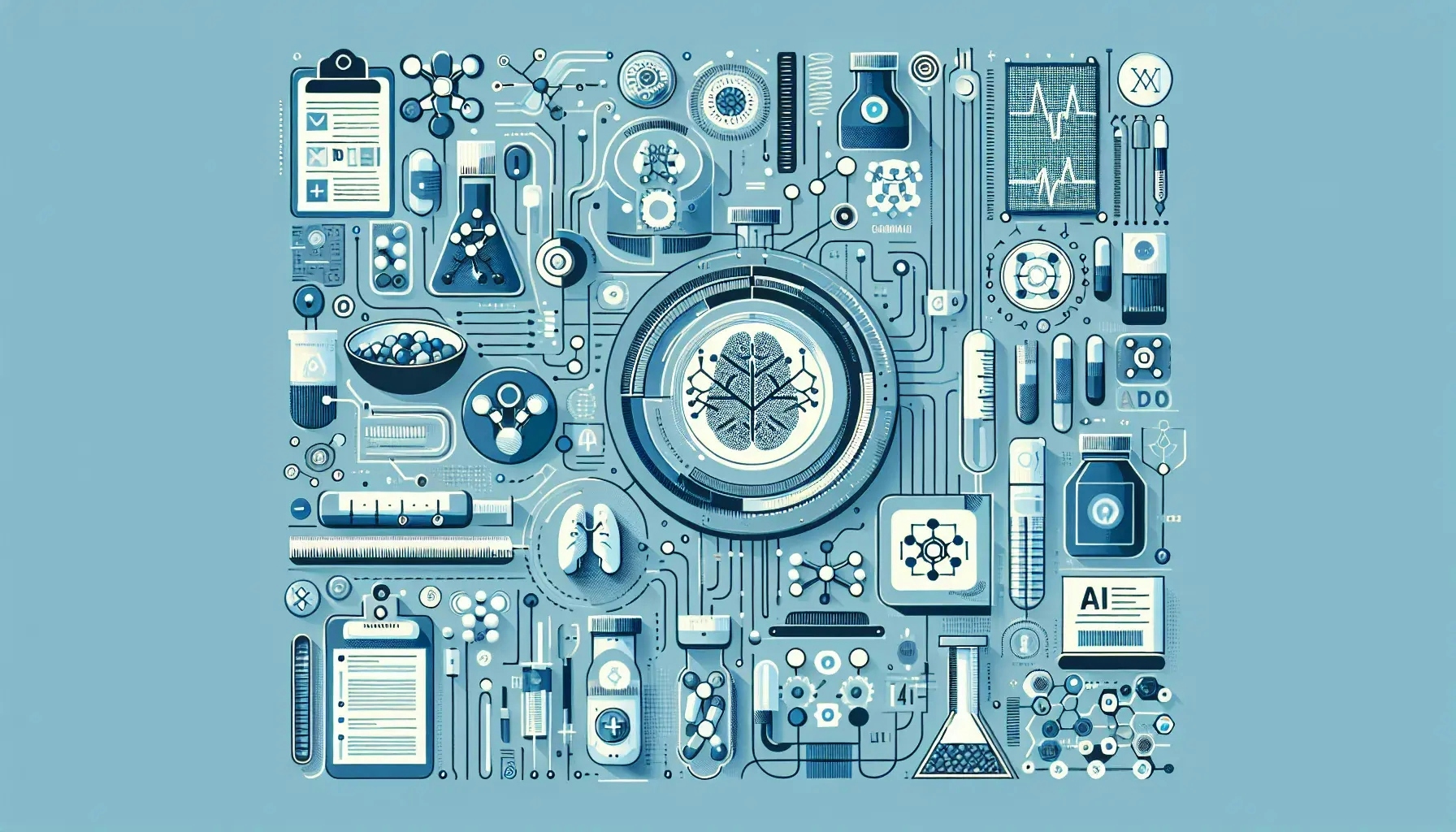The world of medicine is undergoing a revolution, with Artificial Intelligence (AI) at the helm. This blog post delves into the transformative role of AI in drug discovery, a process that has traditionally been time-consuming, expensive, and fraught with failure. We will explore how AI is reshaping this landscape, making it faster, more efficient, and more precise.
The Traditional Drug Discovery Process: A Brief Overview
Drug discovery is a complex process that involves identifying active compounds, known as hits, which have the potential to affect disease progression. These hits are then optimized into test compounds, or leads, which undergo preclinical and clinical testing. This process can take up to 15 years and cost billions of dollars, with a high failure rate.
AI is poised to disrupt this traditional process. By leveraging machine learning algorithms and vast datasets, AI can predict how molecules will behave and how likely they are to make a successful drug. This not only accelerates the process but also reduces the cost and increases the success rate of drug discovery.
AI in Drug Discovery: The Mechanisms
AI in drug discovery primarily involves two approaches: drug repurposing and de novo drug design. Drug repurposing involves finding new uses for existing drugs. AI algorithms can analyze large datasets to identify potential new uses for these drugs, thereby reducing the time and cost of drug discovery.
On the other hand, de novo drug design involves creating new drugs from scratch. AI can predict the properties of millions of potential drugs and identify the most promising candidates. It can also optimize these candidates for efficacy, safety, and manufacturability.
The Benefits of AI in Drug Discovery
AI offers numerous benefits in drug discovery. It can process and analyze vast amounts of data much faster than humans can, leading to quicker discoveries. It can also predict the success of a drug, reducing the risk of failure and the associated costs.
Moreover, AI can uncover patterns and insights that humans might miss. This can lead to the discovery of novel drugs that could potentially cure diseases that currently have no treatment.
Real-world Applications of AI in Drug Discovery
Several companies are already leveraging AI in drug discovery. For instance, Atomwise uses AI to predict the bioactivity of small molecules, helping to identify potential drugs. Similarly, BenevolentAI uses AI to mine medical literature and databases to discover potential drug targets.
In addition, AI has been instrumental in the fight against COVID-19. For example, AI was used to identify potential drugs that could be repurposed to treat the virus. This accelerated the response to the pandemic and saved countless lives.
The Challenges and Future of AI in Drug Discovery
Despite its potential, AI in drug discovery is not without challenges. These include the quality and availability of data, the interpretability of AI models, and regulatory issues. However, as technology advances and these challenges are addressed, the role of AI in drug discovery is set to increase.
The future of AI in drug discovery looks promising. With advancements in AI and machine learning, we can expect more efficient and effective drug discovery processes. This could potentially lead to the cure of diseases that are currently untreatable and improve the quality of life for millions of people around the world.
The Ethical Implications of AI in Drug Discovery
As with any technology, AI in drug discovery raises ethical questions. These include issues related to data privacy, the potential for bias in AI algorithms, and the impact on jobs in the pharmaceutical industry. It is essential that these issues are addressed to ensure the responsible and ethical use of AI in drug discovery.
Harnessing the Power of AI in Drug Discovery: A Conclusion
The role of AI in drug discovery is transformative, offering the potential to accelerate the process, reduce costs, and increase success rates. While challenges exist, the future looks promising. As we continue to harness the power of AI, we can look forward to a new era in drug discovery, one that could potentially cure untreatable diseases and improve the quality of life for millions of people.

